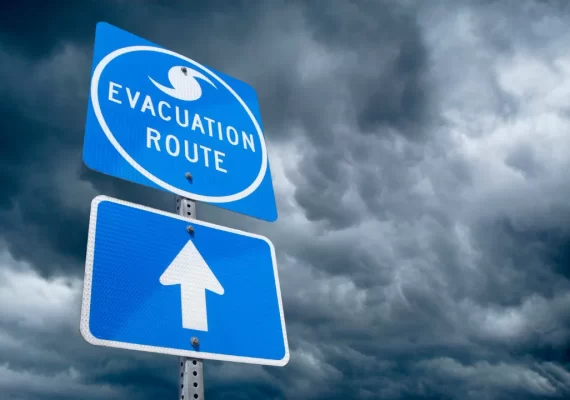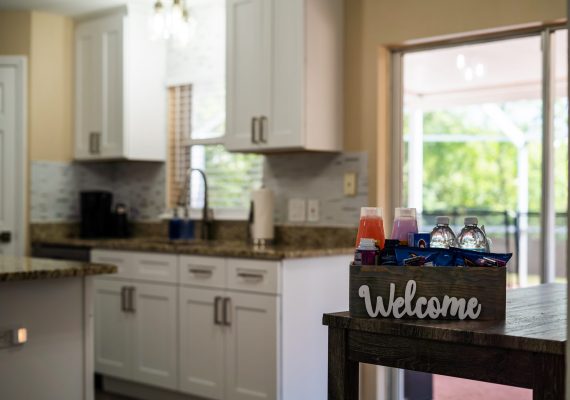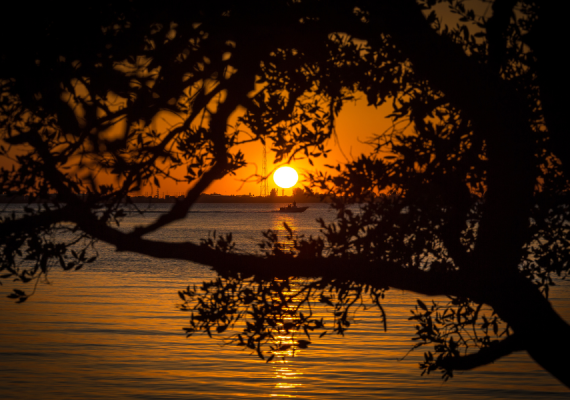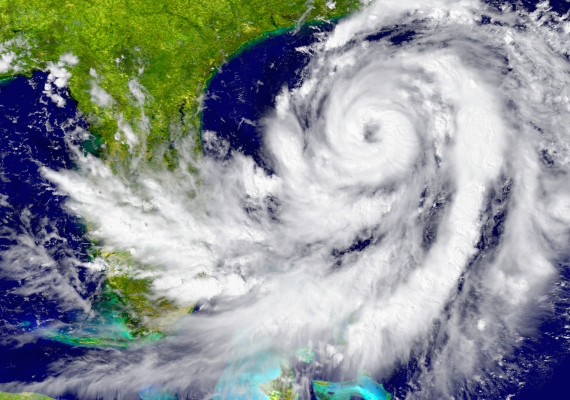During the month of October in any typical year, “snowbirds” would begin to flock to Florida, escaping the falling temperatures of the north (and earning their avian nickname). But 2020 is definitely not a normal year! Will the COVID-19 pandemic prevent these seasonal residents, who are most often retirees from northern climates, from their migration south this year?
Approximately 900,000 to one million seasonal residents stay a month or more in Florida during an average winter – raising the state’s population by five percent! The snowbird population in the state usually peaks in January, especially in popular areas of the state like Tampa Bay and Miami. The seasonal travelers tend to head back north in April, after the spring thaw.
Historically, snowbirds have been migrating to Florida for more than 100 years. John D. Rockefeller was one of the first snowbirds, spending his winters in Ormond Beach starting in 1914. Henry Ford and Thomas Edison also bought winter homes in the Sunshine State. In fact, they were neighbors in Fort Myers on Florida’s Gulf coast!
The actual term “snowbirds” was coined a few years later in 1923, but it actually was first used to describe the seasonal workers who moved south for the winter months. However, by 1979, the nickname took its current meaning, referring to the retirees and seasonal travelers who flocked to the south.
Every year, snowbirds have long, detailed checklists to complete as they pack up their permanent homes for an entire season (or two). But those traveling from Northern states are also facing a tough decision in these unprecedented times – are Florida’s temperate winter climates worth the risk of COVID?
Ask veteran seasonal travelers, and they just might tell you that health considerations are what motivated them to head south initially. In a typical year, the wide variety of outdoor attractions, ranging from Florida’s famous beaches and theme parks to golf courses, equestrian centers, recreational areas, help keep them active.
In 2020, that may not be the case anymore. Generally between the ages of 50 and 69 years old, snowbirds are higher at risk for the virus. This year, the number of COVID cases in the state, as well as COVID safety precautions like self-quarantine, might keep them inside – and up North – instead.
In addition, one in ten snowbirds have a permanent home outside of the U.S., with the majority living in Canada. So many seasonal travelers come from our country’s Northern neighbor that they formed the Canadian Snowbird Association! The nonprofit, which has 110,000 members across Canadas, says they are unsure how many of their members will be making the trip south this year.
The Canada-U.S. border is closed to travelers through November 21, 2020, which means that Canadian snowbirds are prohibited from driving their RVs to winter destinations. Many are canceling their plans to travel south, instead heading to the warmest spots they can find within Canada, such as British Columbia. Others are hoping that they will be able to return to their southern homes in the New Year.
However, some intrepid snowbirds are still making the trek to the Sunshine State, despite the pandemic. After months of quarantine and facing a bitter winter, many say that they are traveling to avoid seasonal depression and for a sunny change of scenery. The great news for these visitors is that they will find more options for housing during their stay and better deals than ever on entertainment!
Many vacation rentals, like those offered by Kong Vacation Homes in Tampa Bay and Hallandale Beach, come fully furnished and include sought-after amenities, such as free Wi-Fi, pools, and hot tubs. As an added benefit, all Kong Vacation Homes feature smart home technology, with the latest in security and automation for the renter’s comfort, privacy, and safety.
For those still able to drive to their winter destination, RV and mobile home parks, such as Kong Management Group’s The Oaks at Zephyrhills and The Village of Zephyrhills, offer flexible leases to accommodate the snowbirds’ needs. Centrally located between Tampa and Orlando, Zephyrhills is at the top of the list of places where snowbirds prefer to stay!
Kong Management Group also has single family homes available for longer term leases in Tampa and Wesley Chapel, for snowbirds who plan to extend their stay. Some seasonal visitors who telecommute to Northern jobs have even made Florida their permanent home during the pandemic.
Cleanliness and safety are the top priority for any good property manager, and snowbirds should definitely ask about their efforts to stay COVID-safe. Kong Management Group is committed to minimizing the risk of COVID exposure for renters, implementing diligent sanitation and safety policies that follow the guidance of government and public health officials.
Kong Management Group also recommends that, regardless where you rent, that you are washing your hands regularly, sanitizing your living space often, and practicing social distancing.
If you are a snowbird in need of short-term housing, Kong Management Group can help you find the right accommodation for you. Contact us at 866-499-9026 or email info@kongmg.com for more information.







